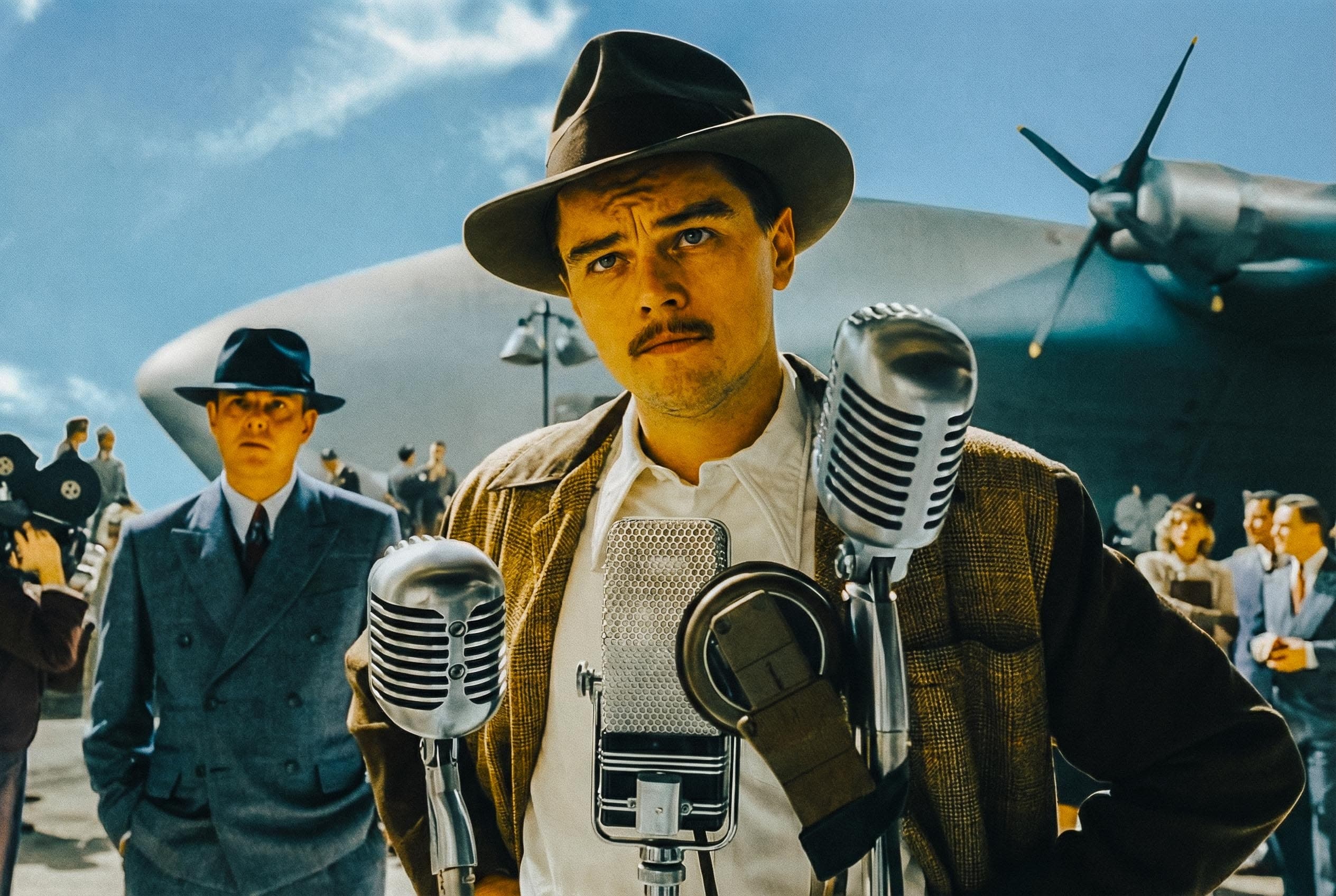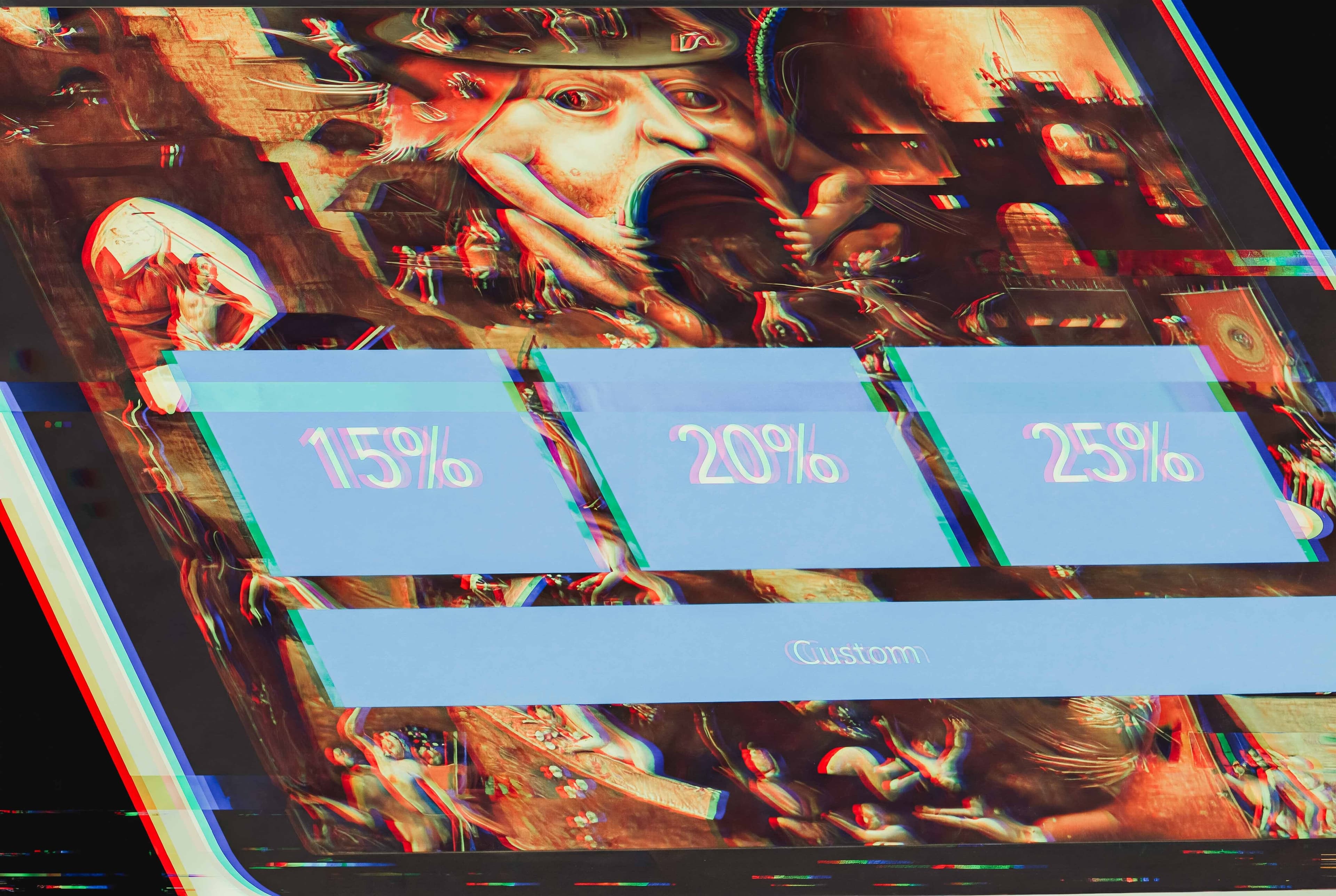
Polymarket v. Kalshi: A Complete Timeline of The Prediction Market Meme WarsFeb 6
this week, two leading betting platforms upped the ante in their blood feud by surprising broke new yorkers with free groceries. how did we get here?
14 Likes
3 Comments


